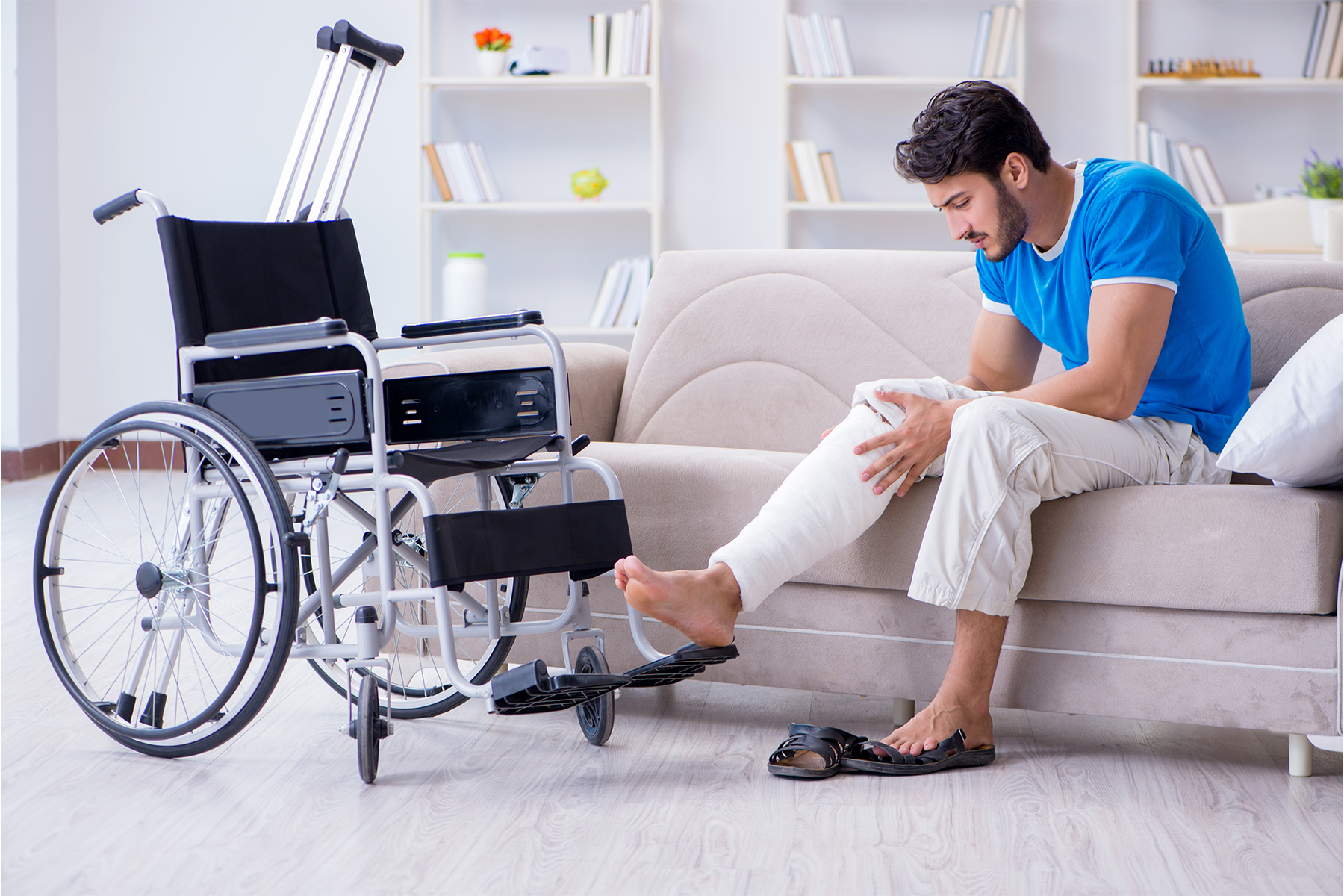Even in a global pandemic, surgeries that are lifesaving or otherwise, are still happening. As we adjust our daily lives to protect ourselves and others, it’s important to alter the way we recover from surgeries too. Whether your surgery leaves you at high-risk or not, it’s important to modify adjust your recovery routine to protect you and the public from getting sick.
-
Prepare in advance
When recovering from any surgery, it’s important to make sure you are prepared for recovery before your surgery date, especially amid a global pandemic. Talk with your doctor about exactly what pre-op and post-op look like for your specific surgery.
Many hospitals may require you to monitor your symptoms and be tested for COVID-19 before your surgery date. Ensure you have complied with all testing and sanitary requirements as they are meant to protect you, other patients, and staff from contracting COVID-19.
Depending on the nature of your surgery, you may need to prepare to be isolated for an extended period of time during recovery. For example, those who have recently had heart surgery might be at higher risk of complications due to COVID-19. It’s vital that these individuals avoid being exposed to the public for weeks during their recovery. Gather all supplies needed for recovery, including food, medication, and medical supplies, well before your surgery date. Some supplies, such as household cleaners, rubbing alcohol, and medical masks, may be in short supply at your local grocery store. Placing orders and collecting these supplies in advance will ensure you have everything you need for a safe and swift recovery
-
Plan caregiving wisely
If you are having surgery that may require you to be cared for after your operation, talk to your caregiver about proper preparation in advance. Family members or friends who will be caring for you should be monitoring their own symptoms and social distancing at least 10-14 days before your surgery, especially if you will be at high-risk during your recovery. It may even be a good idea for your caregiver to be tested for COVID-19 before your surgery date.
Having a caregiver available can be vital to recovery if you’re having major surgery. If you don’t have a family member or friend who can safely care for you during your recovery, consider hiring a caregiving professional. These highly trained nurses can provide you with the care, support, and rehabilitation you need to recover quickly and securely.
-
Clean often
Whether you’re being cared for by a loved one or a caregiving professional, it’s very important to keep your home sanitized. While having an individual stay isolated with you during your recovery period is ideal, it may not be possible to avoid your caregiver coming and going.
Sanitize your home before and after your caregiver visits. This will help protect you and your caregiver from exposure to COVID-19. Wipe down all surfaces with an anti-bacterial cleaner and make sure to wash your hands properly before and after your home health professional or caregiver visits.
-
Wear a mask
While it may seem like a nuisance to wear a mask in your own home, it’s vital that you cover your nose and mouth with a cloth or surgical mask during your caregiving visit. These masks protect you and your caregiver from spreading COVID-19 to the general population and those at high risk of COVID-19 complications. This may not be necessary if your caregiver is isolating with you, but if you have hired a home health professional or if your caregiver has extended exposure to the public, be courteous by wearing a mask.
If you have hired a NurseCore healthcare professional to care for you or a loved one after surgery, rest assured that our nurses come prepared and protected. Each of our healthcare professionals is provided with appropriate PPE (personal protection equipment) and training on proper procedures to protect themselves and their patients while still providing high-quality care.
-
Monitor your symptoms
Under normal circumstances, it’s always important to monitor your symptoms before and after your surgery for signs of infection and post-surgery complications. But during a global pandemic, it’s essential that you monitor your symptoms even closer.
If you think you may be showing symptoms of COVID-19, notify your doctor and caregiver immediately. Because of the nature of COVID-19, you may have been contagious before showing symptoms. To prevent the continued spread of the virus it’s important to communicate possible COVID-19 symptoms to your doctor and caregiver so that they can take necessary precautions to keep the public safe and to monitor your condition more closely.
-
Limit visitors
While receiving candy, flowers, and expressions of support are nice to have when recovering from surgery; it’s important that you limit the number of visitors you see in person. We suggest virtual meetings via video or phone calls instead of in-person visitation while you’re recovering. Even if you’re not showing symptoms of COVID-19, social distancing during your recovery can protect you and the one you love from contracting the virus.
The new normal for surgery recovery may require more work and preparation, but it’s worth every second if it protects you and those around you. If we each do our part as a community, we can beat COVID-19 and save lives.


0 Comments